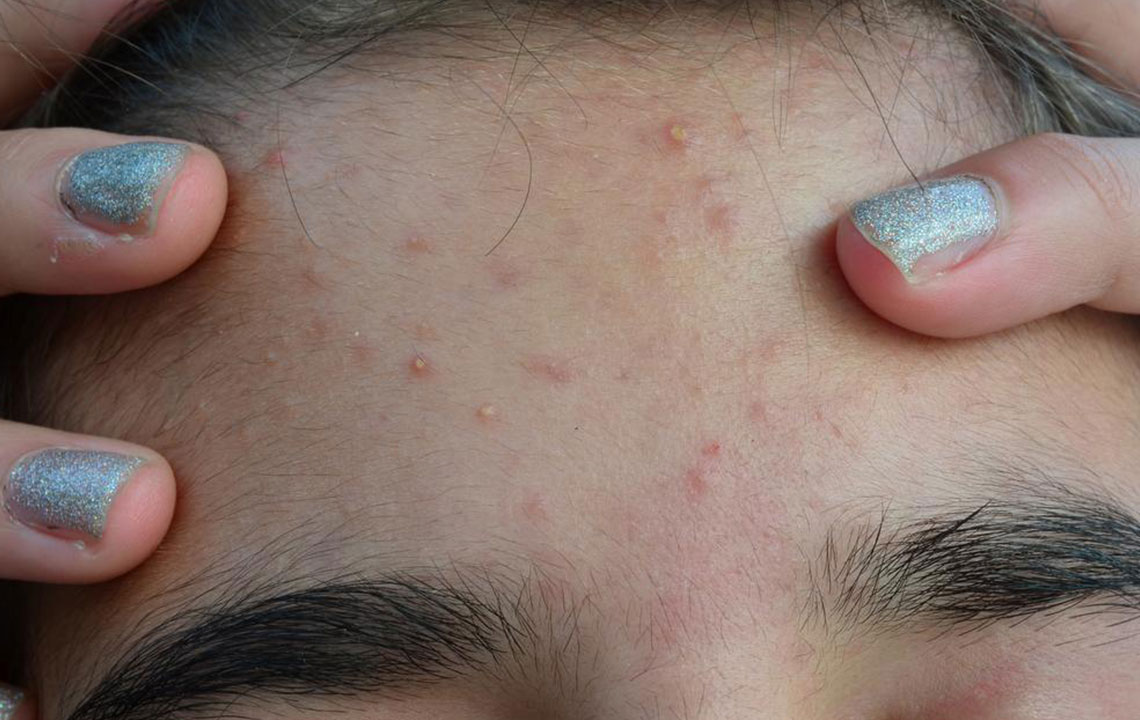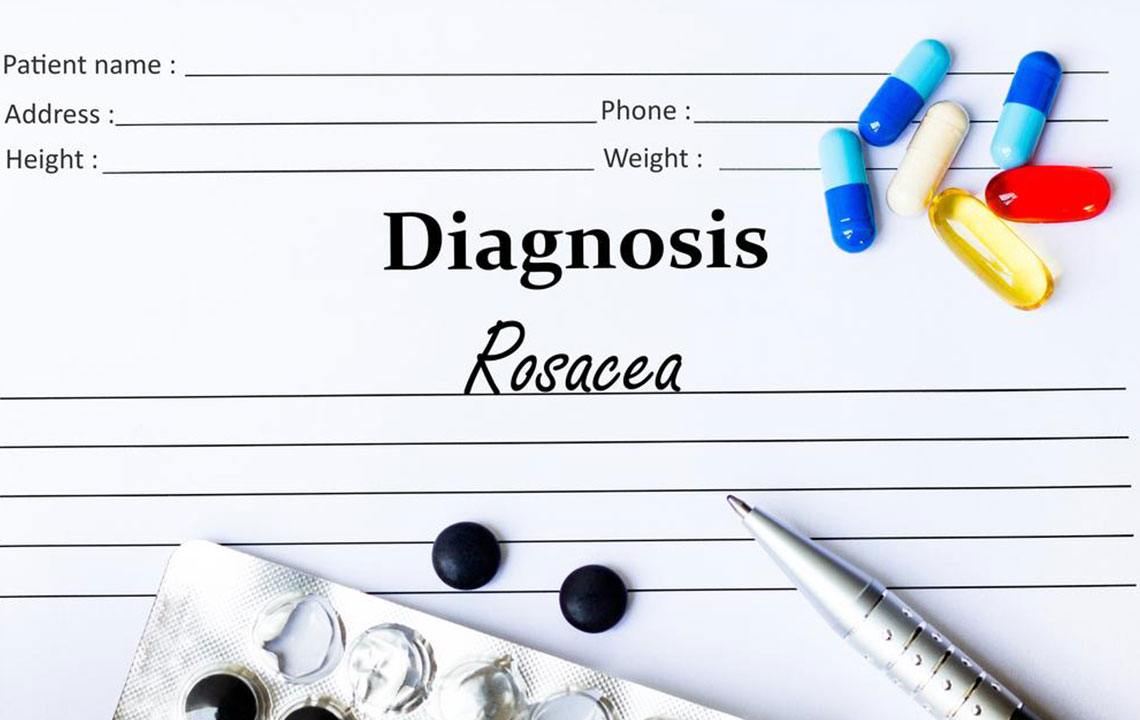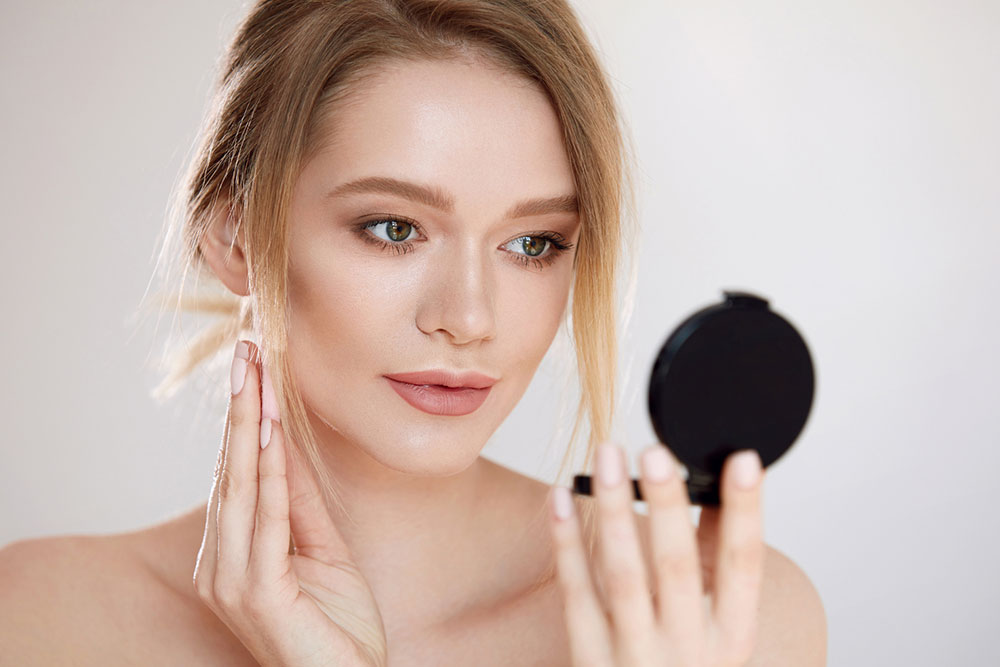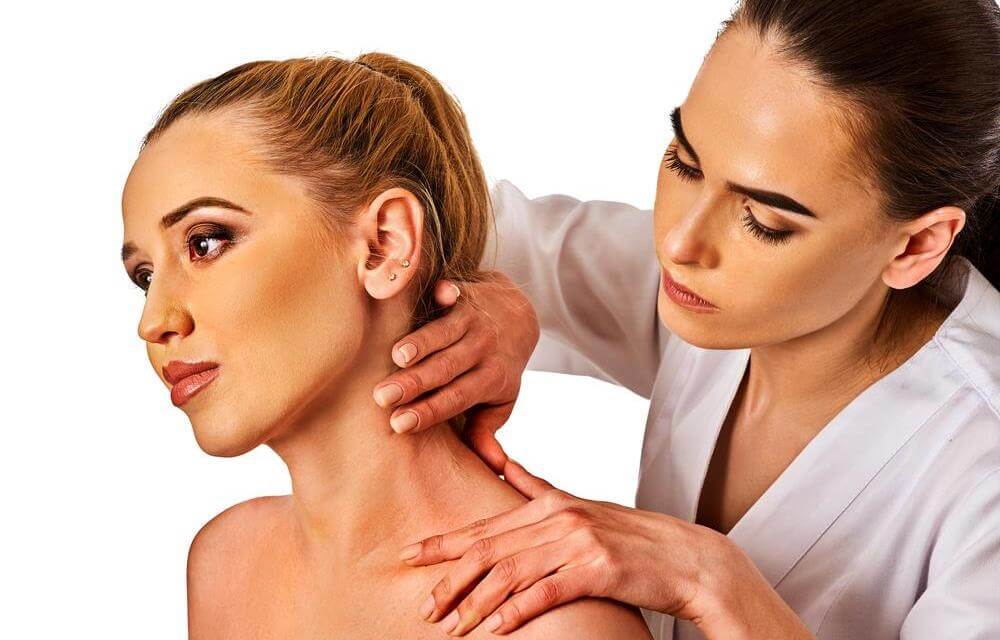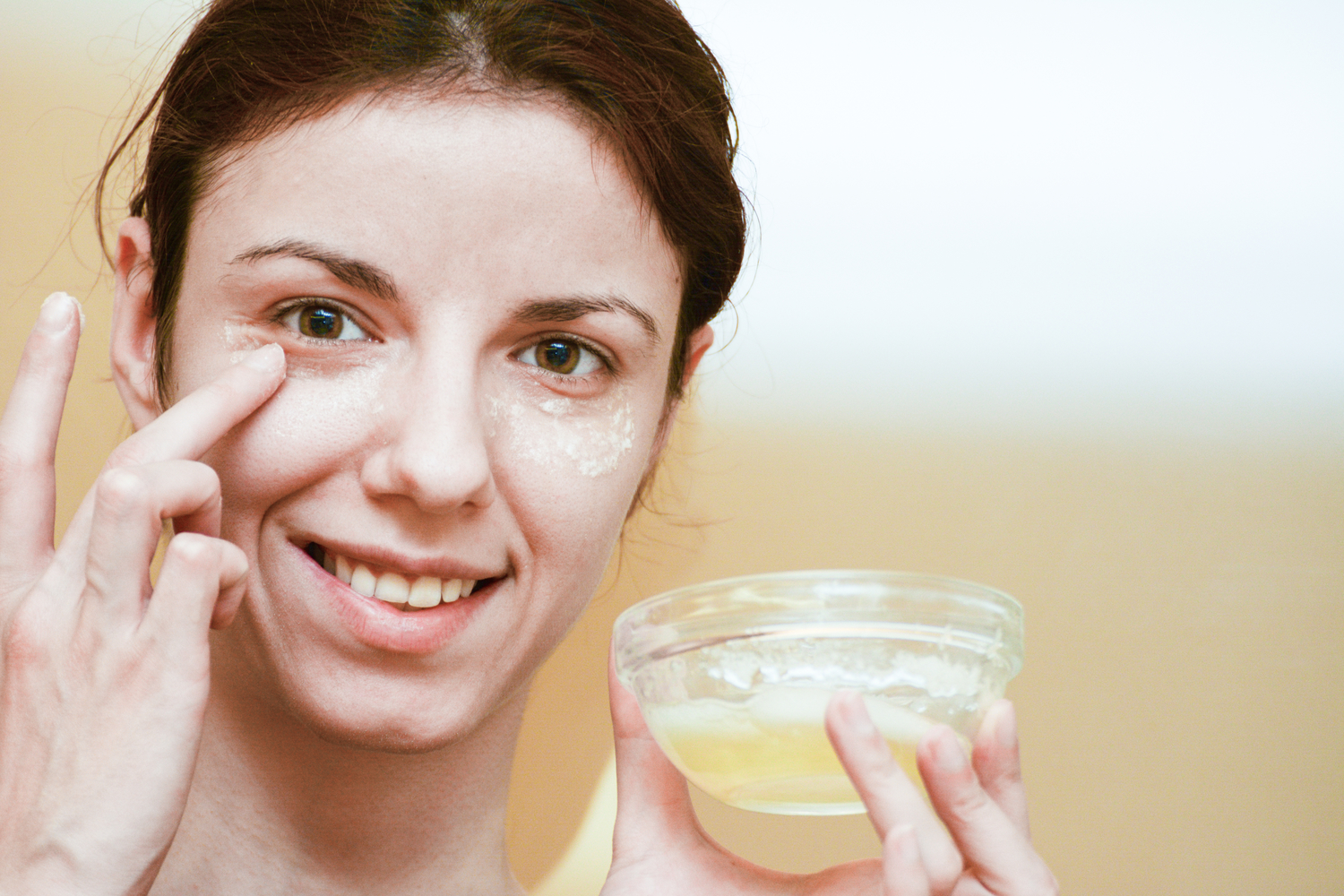Comprehensive Guide to the Top 5 Acne Treatments for Clearer Skin
Explore the top five acne treatments, including dermatologist favorites and natural remedies. This comprehensive guide offers insights into effective skincare routines, lifestyle tips, and expert advice to help you achieve clearer, healthier skin. From salicylic acid cleansers to retinoid gels, learn how to combat acne effectively and safely.
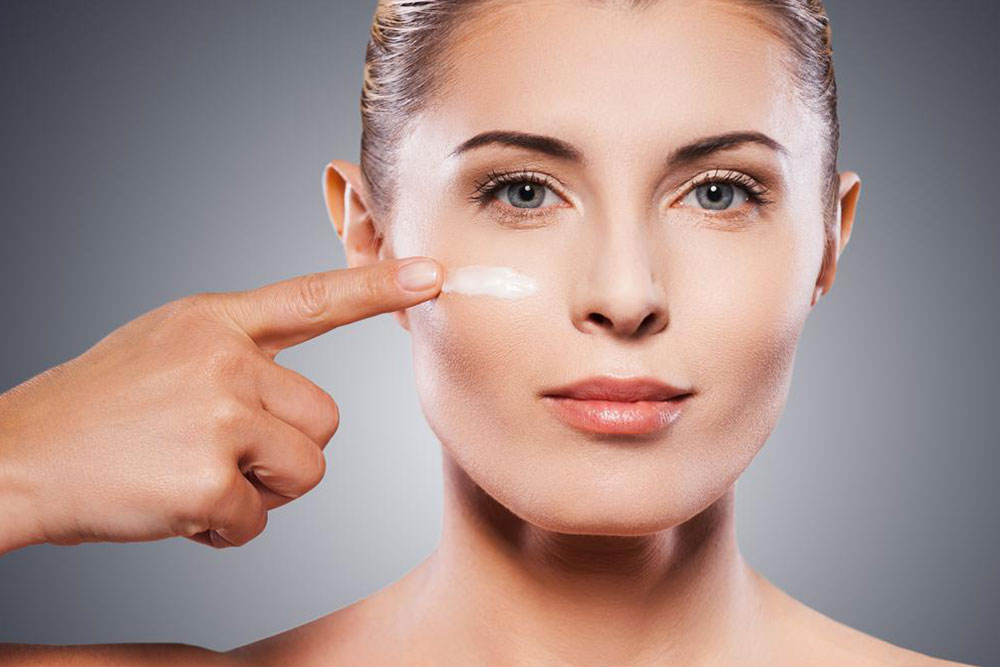
Comprehensive Guide to the Top 5 Acne Treatments for Clearer Skin
Acne remains one of the most common skin concerns worldwide, affecting approximately 85% of individuals at some point in their lives. Despite being often associated with adolescence, adult acne is also prevalent and can significantly impact confidence and quality of life. Understanding effective treatment options is crucial for those seeking clear, healthy skin. This detailed guide explores the top five proven acne treatments that have gained popularity due to their efficacy, backed by dermatological advice and user testimonials. Additionally, we’ll discuss natural remedies and lifestyle adjustments that can complement medical treatments for optimal results.
Understanding Acne and Its Causes
Before diving into treatments, it’s essential to grasp what causes acne. Acne develops when hair follicles become clogged with excess sebum (oil), dead skin cells, and sometimes bacteria. This clogging results in various types of pimples, including whiteheads, blackheads, and cysts. Several factors contribute to the development of acne, such as hormonal fluctuations (particularly during puberty, menstruation, or due to hormonal disorders), genetics, diet, stress levels, certain medications, and environmental factors. Recognizing these causes helps in choosing the most suitable treatment options and implementing preventative measures effectively.
Top 5 Acne Treatments You Should Know
Neutrogena Oil-Free Acne Wash
Developed with salicylic acid, this facial cleanser is praised for its ability to gently exfoliate dead skin, clear out pores, and prevent future breakouts. Its oil-free formulation makes it suitable for oily and acne-prone skin, leaving the skin feeling refreshed without excess dryness. Regular use reduces the prevalence of blackheads and whiteheads, providing a cleaner complexion.
La Roche-Posay Effaclar Duo
This advanced treatment combines 5.5% benzoyl peroxide to effectively eliminate acne-causing bacteria with LHA, a gentle exfoliant that promotes cell turnover. Its dual-action mechanism helps prevent new blemishes while reducing inflammation. Suitable for moderate to severe acne, Effaclar Duo is a dermatologist-recommended solution for improving skin clarity and texture.
Differin Adapalene Gel
As a topical retinoid, Differin works by normalizing skin cell turnover, preventing pore blockages at the source. Applied once daily, it diminishes existing blemishes and reduces the risk of future breakouts. When using this product, sun protection is vital due to increased photosensitivity. Over time, it also helps with skin aging, making it a versatile treatment option.
Neutrogena On-The-Spot Acne Treatment
Specifically formulated for sensitive skin, this cream contains 2.5% benzoyl peroxide, targeting both inflammatory and non-inflammatory acne. Its gentle yet effective formula minimizes irritation, redness, and dryness often associated with stronger treatments. Suitable for use on individual blemishes, it can be incorporated into daily skincare routines seamlessly.
Clean & Clear Advantage Spot Treatment
Rich in salicylic acid (about 2%), this spot treatment effectively clears out pores, reduces redness, and promotes a more even skin tone. Its fast action helps shrink existing pimples and prevents new ones from forming, making it a popular choice for quick fixes and maintenance.
Additional Tips for Acne Management
While these treatments are highly effective, consulting with a dermatologist before starting any new skincare regimen is highly advisable. They can identify underlying causes and recommend personalized solutions. Beyond topical treatments, incorporating natural remedies and lifestyle modifications can support acne control. For instance, honey and cinnamon masks possess antimicrobial properties that may soothe inflamed skin. Diluted apple cider vinegar acts as a natural toner, balancing skin pH and reducing bacteria. Green tea extracts applied topically or consumed as tea have antioxidant and anti-inflammatory benefits. Aloe vera gel provides soothing moisture and healing properties, reducing redness and irritation.
Stress management plays a crucial role in skin health. Techniques such as mindfulness meditation, regular exercise, and adequate sleep help regulate hormones that can influence oil production. Additionally, maintaining a balanced diet rich in omega-3 fatty acids, fruits, vegetables, and avoiding overly processed foods can diminish flare-ups. Nutritional supplements like zinc and fish oil may also benefit skin health, but always consult a healthcare professional before adding new supplements to your routine.
In conclusion, addressing acne involves a multi-faceted approach combining effective topical treatments, natural remedies, lifestyle adjustments, and professional guidance. With patience and consistent care, clearer skin and improved confidence are achievable for all skin types.
